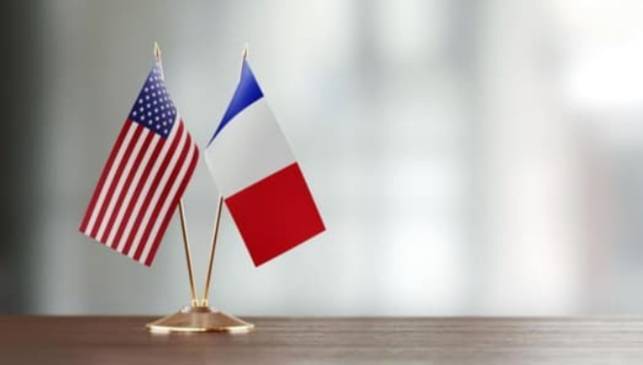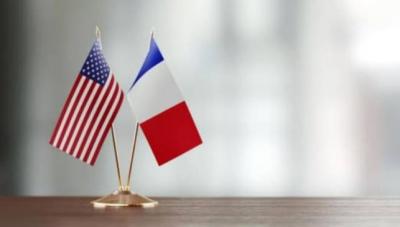The ambassador responsible for coordinating international support for Lebanon, Pierre Doukan, announced yesterday that he is visiting Lebanon as part of a tour that has taken him to Egypt and Jordan in an effort to support Lebanon in the energy sector. He revealed that he will visit the United States in two weeks to discuss with American officials the ways to exempt the electricity file from the "Caesar Law," which would allow assistance to Lebanon in resolving its energy crisis.
On its part, the French embassy indicated that Doukan would address the reforms initiated in the energy sector during his meetings (which end today), emphasizing that progress in their implementation is a prerequisite for launching regional projects related to interconnected energy networks with the support of the World Bank. The embassy added that France is mobilizing efforts to facilitate the conclusion of this project among all concerned parties.
Conversely, Deputy Speaker of Parliament Elias Bou Saab confirmed after his meeting with MPs Neemat aFaram, Mark Dwe, and Yassine Yassine with the World Bank in Washington that officials at the World Bank informed them that the loan to finance gas imports from Egypt and energy from Jordan is currently frozen and not on the World Bank's agenda due to the failure to complete all the required reforms for electricity, without linking this to the sanctions of the Caesar Act since gas and energy imports will pass through Syria. He said, "We will put this issue in the hands of the government, specifically its head Najib Mikati and Minister of Energy Walid Fayad, and we must inform the Lebanese people of this new reality," noting that he requested the World Bank to officially announce this position if it is a definitive stance, as the Lebanese still hope for the success of the project.
According to political sources monitoring the situation, the electricity file in Lebanon represents an additional point of divergence between the United States and France in their outlook on the Lebanese situation. This divergence is strongly evident "presidentially," as Washington shows no enthusiasm for intervening to pressure for the election of a president, unlike Paris. The latter seeks to establish a roadmap with its American, Saudi, Qatari, and Egyptian partners to impose the election as soon as possible after coordination with Iran on this matter, which Washington, like Riyadh, does not desire. They are content with humanitarian (and military) assistance to the Lebanese army, caring only about stability in Beirut, irrespective of whether the election occurs or not.
Accommodation towards "Hezbollah" also remains a point of contention between the two countries, as the White House rejects any contact or dialogue with what it considers a "terrorist party," while Paris maintains constant communication with the group in the southern suburbs of Beirut. Today, the electricity issue adds to the points of divergence. While Paris wishes to support Lebanon in its electricity needs, Washington is not in a hurry, as evidenced by its refusal to grant Egypt the requested exemptions. The U.S. imposes comprehensive Lebanese reforms in the sector as a prerequisite for anything else, using the dismal living conditions to pressure the political authority.
According to the sources, it is unlikely that Doukan will make significant progress in his efforts to assist Lebanon in the energy sector in Washington. The American perspective on "electricity" is likely to prevail, just as it has been victorious "presidentially" up until now, conclude the sources.




